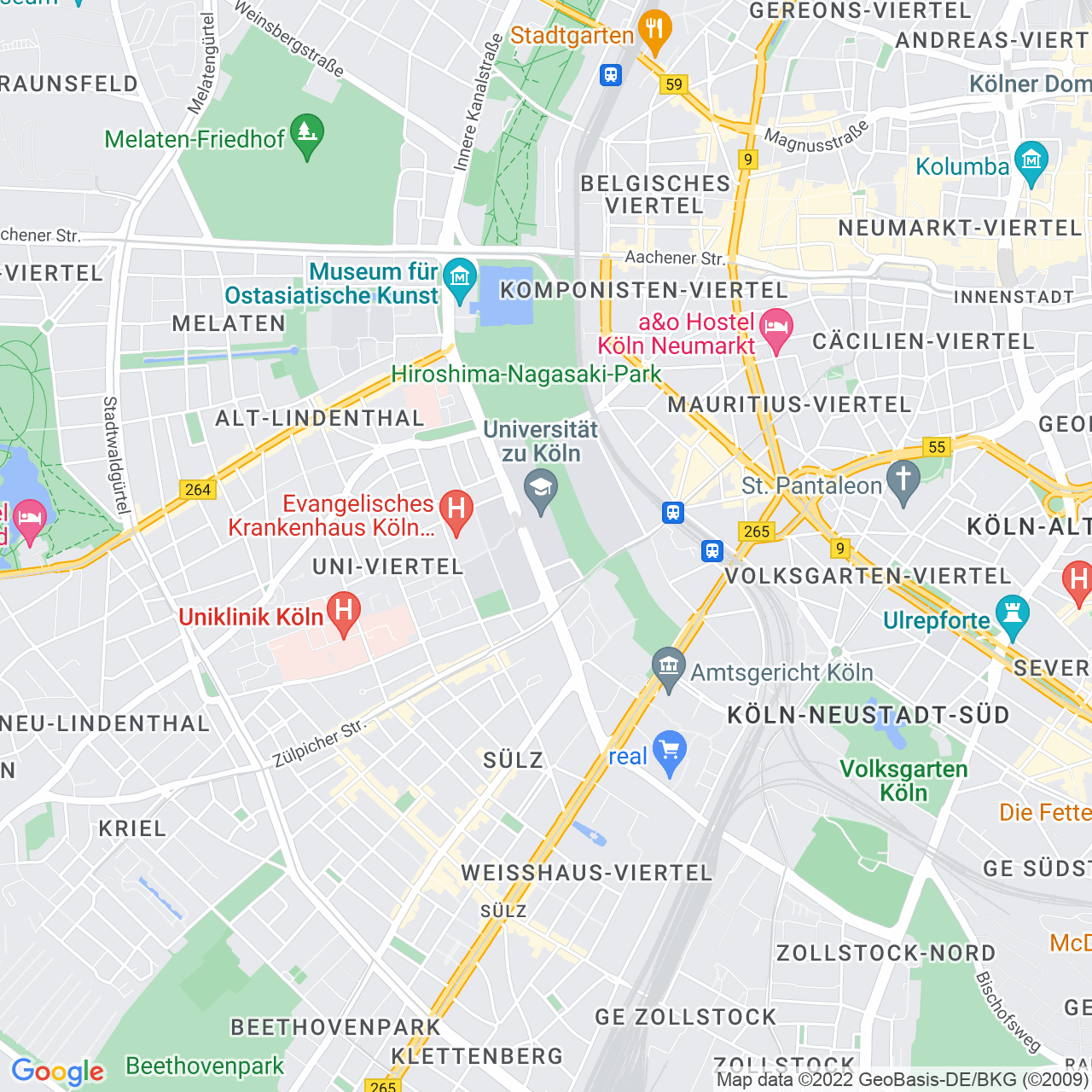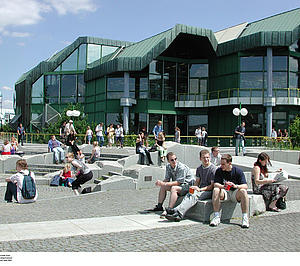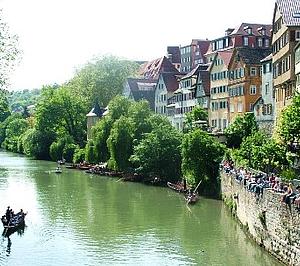Master of Science (ID 142537)
1. Semester
- Basismodul Econometrics (12 CP)
- Basismodul Macroeconomics I (6 CP)
- Basismodul Mathematics / Methods (12 CP)
- Basismodul Microeconomics I (6 CP)
2. Semester
- Basismodul Macroeconomics II (6 CP)
- Basismodul Microeconomics II (6 CP)
- Schwerpunktbereich (36 CP, W)
- Design & Behavior (18 CP, W)
- Energy Economics (18 CP, W)
- Growth, Labor and Ine-quality in the Global Economy (18 CP, W)
- Macroeconomics and Public Economics (18 CP, W)
- Macroeconomics, Money and Financial Markets (18 CP, W)
- Markets & Institutions (18 CP, W)
- Statistics & Econometrics (18 CP, W)
- Studies Abroad in Economics (18 CP, W)
3. Semester
- Ergänzungsbereich (12 CP, W)
- Accounting and Taxation (12 CP, W)
- Controlling (12 CP, W)
- Corporate Development (12 CP, W)
- Economic Psychology (12 CP, W)
- Finance (12 CP, W)
- Marketing (12 CP, W)
- Medienmanagement (12 CP, W)
- Ökonomische Methodologie und Ideengeschichte (12 CP, W)
- Politikwissenschaft (12 CP, W)
- Sozialpolitik (12 CP, W)
- Studies Abroad (12 CP, W)
- Supply Chain Management (12 CP, W)
- Unternehmensbesteuerung (12 CP, W)
- Wirtschaftsgeographie (12 CP, W)
- Wirtschaftsprüfung (12 CP, W)
4. Semester
- Masterarbeit (24 CP)












